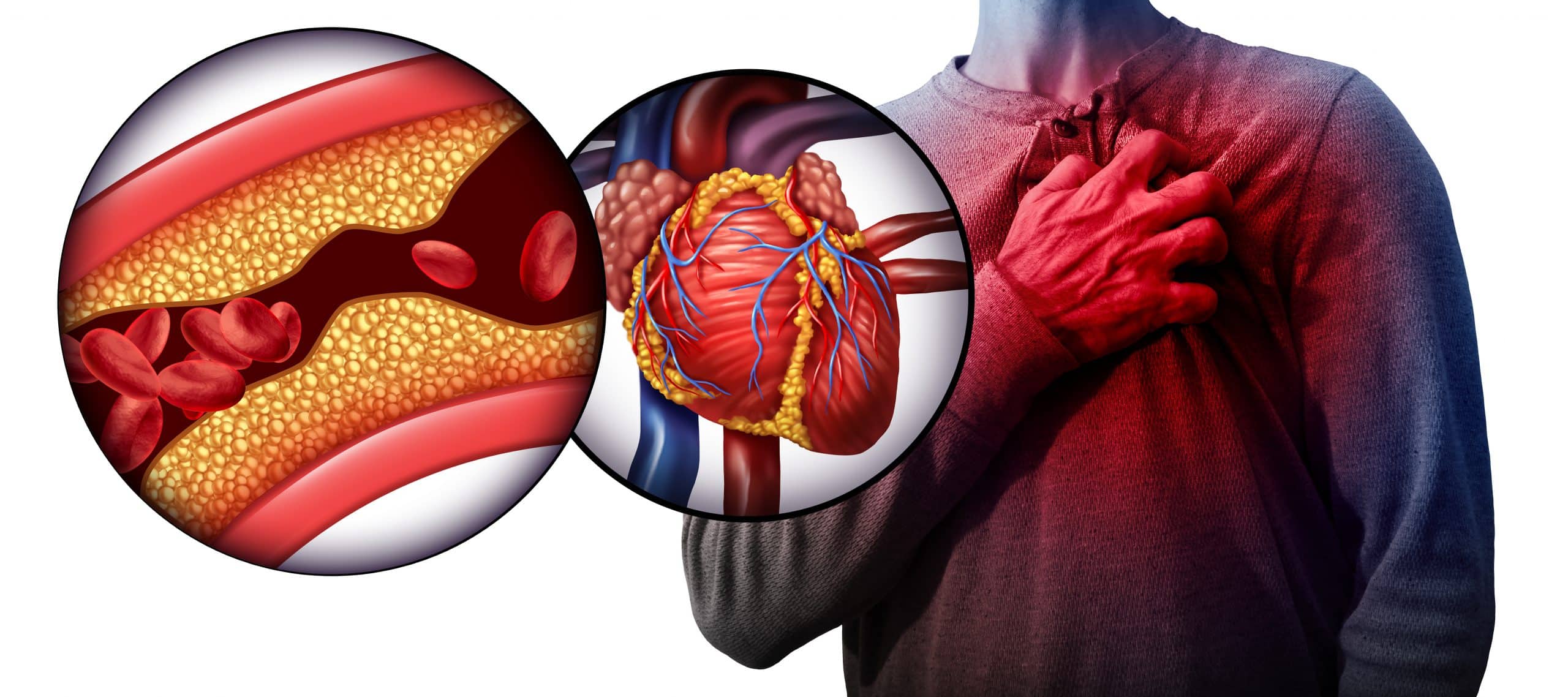01/08/2019
How Alzheimer’s Disease Can Affect Heart Health
Alzheimer’s disease is the most prevalent type of dementia, making up 60-80 percent of dementia cases. While it mostly affects people later in life, this condition can occur at any age. The disease is primarily categorized by the gradual loss of memory and other cognitive abilities. For this reason, it is primarily thought of as a condition that affects the mind. However, a new study has revealed that Alzheimer’s disease does not just affect the brain, it can affect the entire body, including the cardiovascular system.
Study Shows Link Between Alzheimer’s and Heart Disease
Recently, researchers discovered that Alzheimer’s is caused by amyloid beta proteins building up in the spaces between brain cells. While this causes noticeable symptoms in the brain first, this same protein plaque can build up around the heart.
This was discovered in a study that examined 22 patients with Alzheimer’s and 35 patients without, all of whom were 78 or 79 years old. The goal was to analyze the stiffness present in the heart’s left ventricle; the thickest chamber of the heart responsible for transporting blood throughout the body.
During the study, published in the Journal of the American College of Cardiology, researchers discovered that those with Alzheimer’s had a thicker left ventricle than those without Alzheimer’s. This thickness was caused by the same plaque protein buildup that was building in the Alzheimer’s patients’ brains. The thickness can lead to various cardiovascular issues if and when the left ventricle becomes too thick to successfully pump blood through the body. As a result, this puts Alzheimer’s patients at a higher risk of heart attack and stroke.
What this Means for Patients and Families
This study will be integral in helping those suffering with Alzheimer’s disease. Because amyloid beta deposits can develop in the heart, it is important that the families and healthcare providers of people with Alzheimer’s be on the lookout for signs of heart disease.
There is still no cure for Alzheimer’s. However, there have been many advancements in treatment for the disease that have allowed people with Alzheimer’s to live longer than previously expected when first diagnosed. This is great news, but it does mean that there is a higher chance they may develop heart problems along the way due to their disease. Thanks to this new research, however, patients suffering from Alzheimer’s can now better avoid potential cardiovascular issues in the future by being aware of the high risk and monitoring their health closely.
Alzheimer’s Patients and Heart Health
Those with loved ones suffering from Alzheimer’s should keep the signs of a heart attack in mind. These include chest pain, pain that spreads to the arm, dizziness or nausea, pain in the throat or jaw, and an irregular heartbeat. Not all heart conditions have easily noticeable symptoms like a heart attack, however, which is why it is imperative to see a cardiologist regularly to monitor blood pressure, atherosclerosis and other signs of heart disease. Like Alzheimer’s, heart conditions are known to worsen over time, and early intervention is key to prevention.



